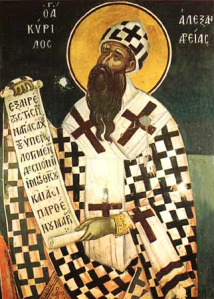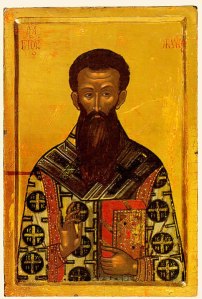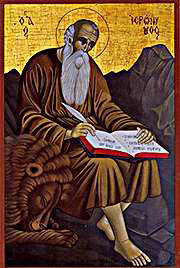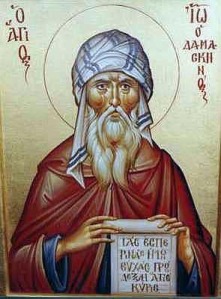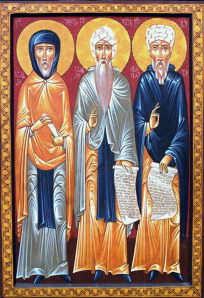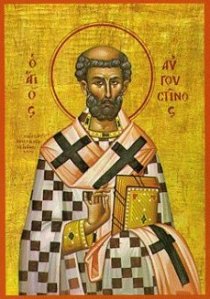 The glory of this latter house shall be greater than of the former, saith the Lord of hosts: and in this place will I give peace, saith the Lord of hosts (Haggai 2:9).
The glory of this latter house shall be greater than of the former, saith the Lord of hosts: and in this place will I give peace, saith the Lord of hosts (Haggai 2:9).
This house of God is more glorious than that first one which was constructed of wood and stone, metals and other precious things.
Therefore the prophecy of Haggai was not fulfilled in the rebuilding of that temple.
For it can never be shown to have had so much glory after it was rebuilt as it had in the time of Solomon;
yea, rather, the glory of that house is shown to have been diminished, first by the ceasing of prophecy, and then by the nation itself suffering so great calamities, even to the final destruction made by the Romans, as the things above-mentioned prove.
But this house which pertains to the new testament is just as much more glorious as the living stones – believing, renewed men – of which it is constructed are better.
But it was typified by the rebuilding of that temple for this reason, because the very renovation of that edifice typifies in the prophetic oracle another testament which is called the new.
When, therefore, God said by the prophet just named “And I will give peace in this place” (Hag. 2:9), He is to be understood who is typified by that typical place.
For since by that rebuilt place is typified the Church which was to be built by Christ, nothing else can be accepted as the meaning of the saying, “I will give peace in this place,” except “I will give peace in the place which that place signifies”.
For all typical things seem in some way to personate those whom they typify, as it is said by the apostle “That Rock was Christ” (1 Cor. 10:4; Ex. 17:6).
Therefore the glory of this new testament house is greater than the glory of the old testament house; and it will show itself as greater when it shall be dedicated.
For then “shall come the desired of all nations” (Hag. 2:7), as we read in the Hebrew. For before His advent He had not yet been desired by all nations. For they knew not Him whom they ought to desire, in whom they had not believed.
Then, also, according to the Septuagint interpretation (for it also is a prophetic meaning), “shall come those who are elected of the Lord out of all nations.”
For then indeed there shall come only those who are elected, whereof the apostle saith “according as He hath chosen us in Him before the foundation of the world” (Eph. 1:4).
Augustine of Hippo (354-430): City of God, 18, 48.

